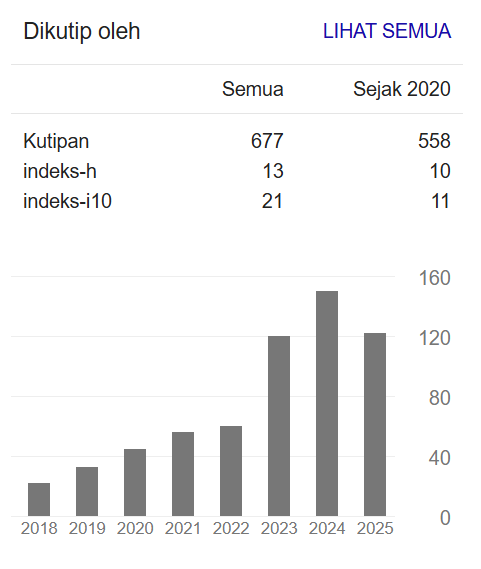EPISTEMOLOGY AND THE PROBLEM OF CULTURAL HYBRIDITY IN MUHAMMAD IQBAL’S THOUGHT
Keywords:
decolonization of epistemology, hybrid culture, Islamic epistemology, the Third SpaceAbstract
The hegemony of rational-positivistic paradigm of modern Western epistemology contributes greatly to the development of modern thought. Iqbal is one who believes that Muslim thinkers were unable to see Islam from Quran point of view because they perceive it from the eye of rational-speculative Greek philosophy. In the postcolonial perspective, Iqbal’s attempt to decolonize Western rational-speculative epistemology from Plato to Descartes found him in ambivalence. British colonialism experienced by Iqbal in India formed the hybrid culture in his project of reconstructing Islamic thought in relation to Western thought. Therefore, Iqbal’s attempt to bridge the gap between rational-speculative of Western thought and mystic-religious tendencies of Islamic thought is a process of seeking “the Third Space” through mimicry as consequence of cultural interaction between the colonizer and the colonized.
Downloads
Downloads
Published
How to Cite
Issue
Section
License
Copyright (c) 2015 Sekolah Tinggi Filsafat Islam (STFI) Sadra

This work is licensed under a Creative Commons Attribution-NonCommercial-ShareAlike 4.0 International License.

























